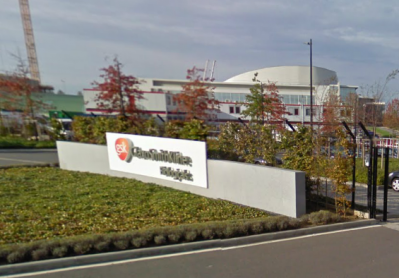Production on hold at GSK vaccine plant after poliovirus enters water supply

The incident happened on September 2 at GSK’s manufacturing facility in Rixensart, Belgium, when about 45 litres of liquid contaminated with poliovirus entered the local sewage treatment plant of Rosières and subsequently into the Lasne River.
“The liquid was released as a result of human error during the process of vaccine production,” the firm said in a statement, adding the water from the treatment plant is not discharged to the supply network for drinking water and results of water samples taken by Belgian health authorities showed no presence of poliovirus in the plant and river.
However, GSK acknowledged “this is clearly a most regrettable situation. We take our responsibility for quality and safety extremely seriously and understand the concern that this incident has created.”
Independent Investigation
A spokesperson from the pharma giant told Biopharma-Reporter.com the local water treatment plant was notified shortly after the incident, with regional and federal authorities informed on the same day.
“Our first concern is always for human health,” we were told. “To this end, we immediately stopped production of any new batches of this vaccine until a comprehensive investigation of this incident is finalised, involving external independent experts.
“We will not restart [vaccine] production until all identified preventive actions have been implemented.”
Furthermore, GSK upped the number of formal biosafety controls in place at the facility, doubling supervision of all decontamination activities and providing additional training to all personnel on this specific incident.
In November 2012, batches of GSK’s Infanrix Hexa vaccine made at the Rixensart plant were recalled over concerns about potential microbial contamination, while in February this year production quality issues at the nearby Wavre site led to shipments of varicella (chickenpox) vaccines being put on hold and a global shortage.










